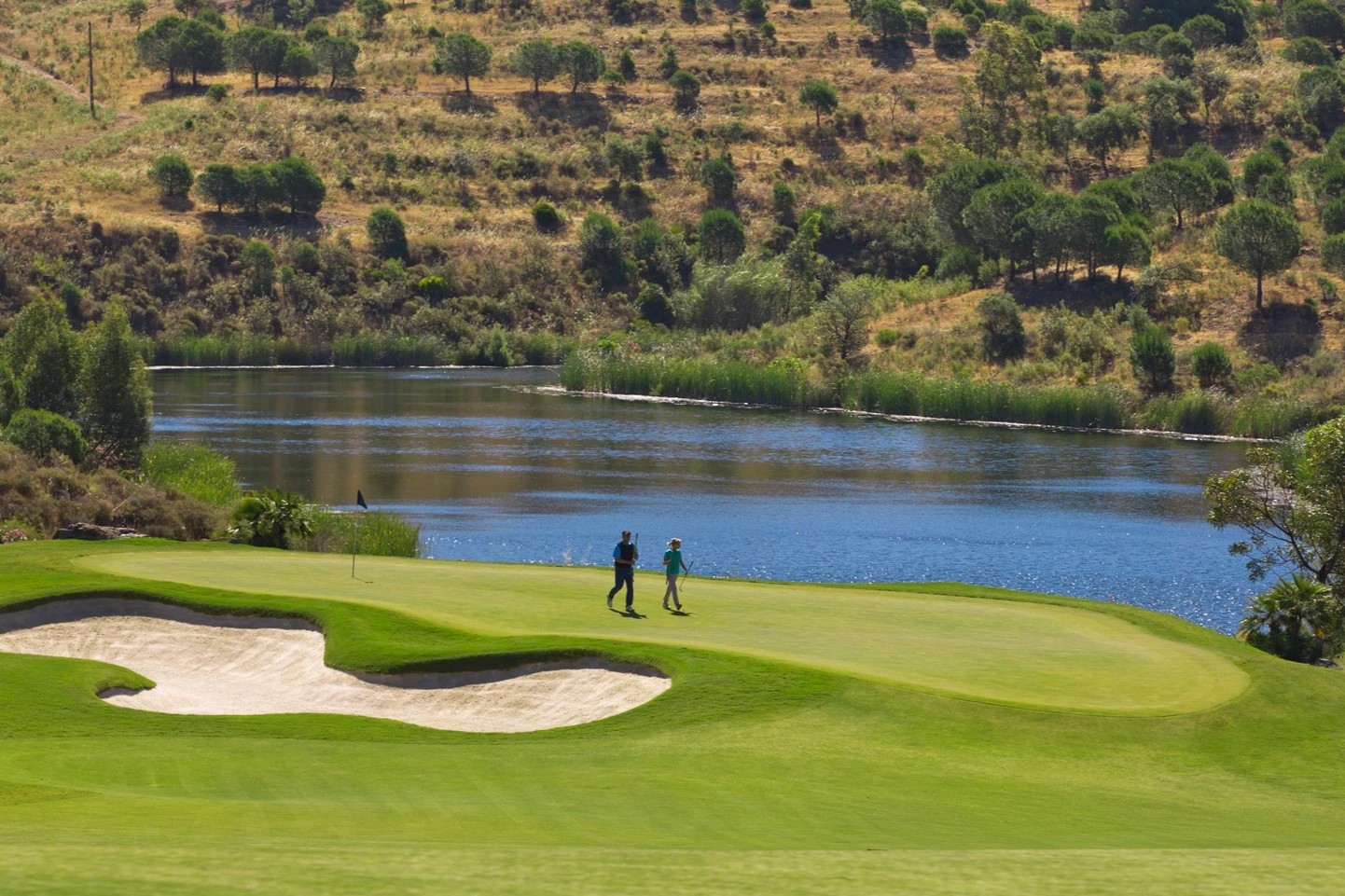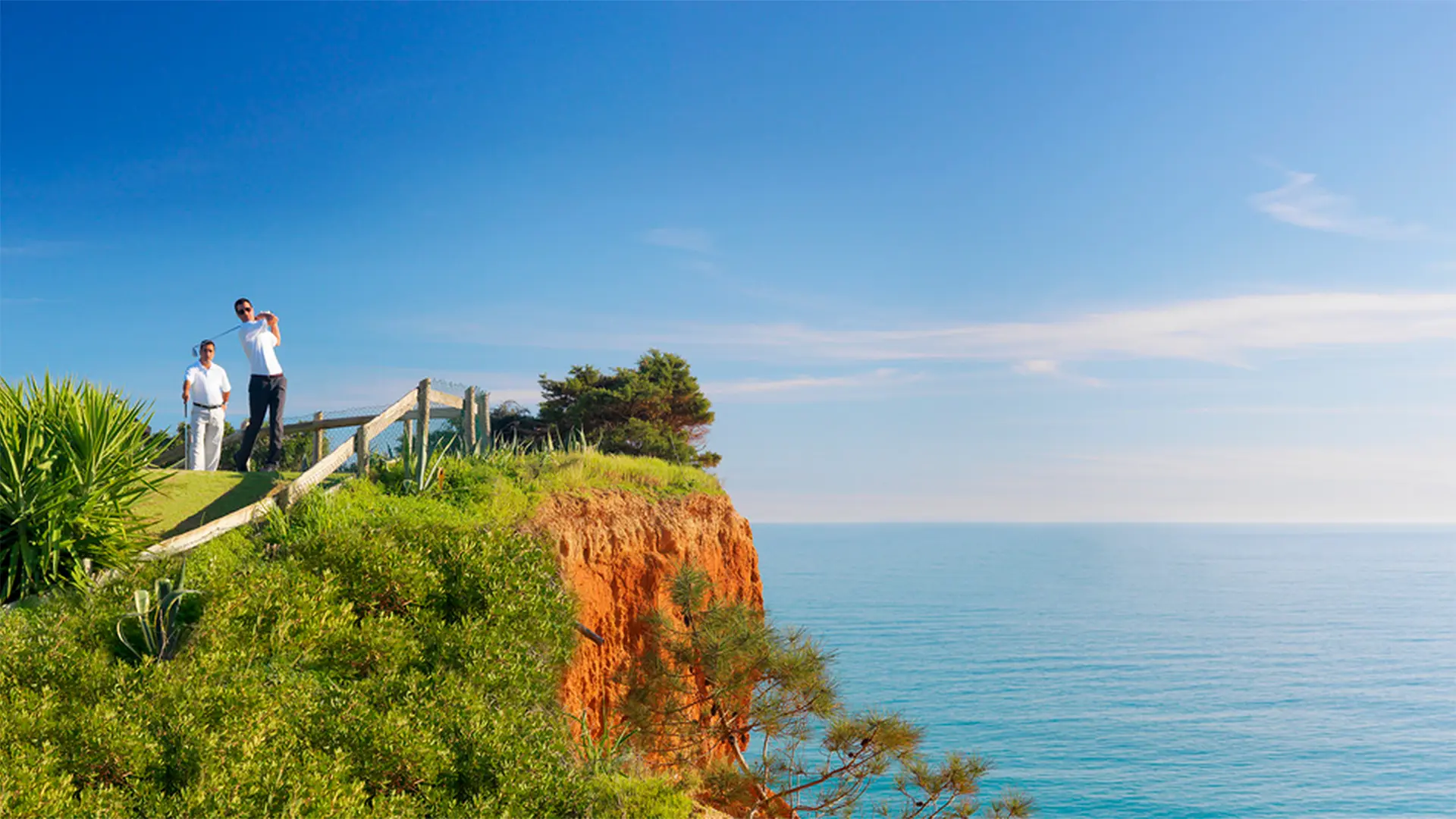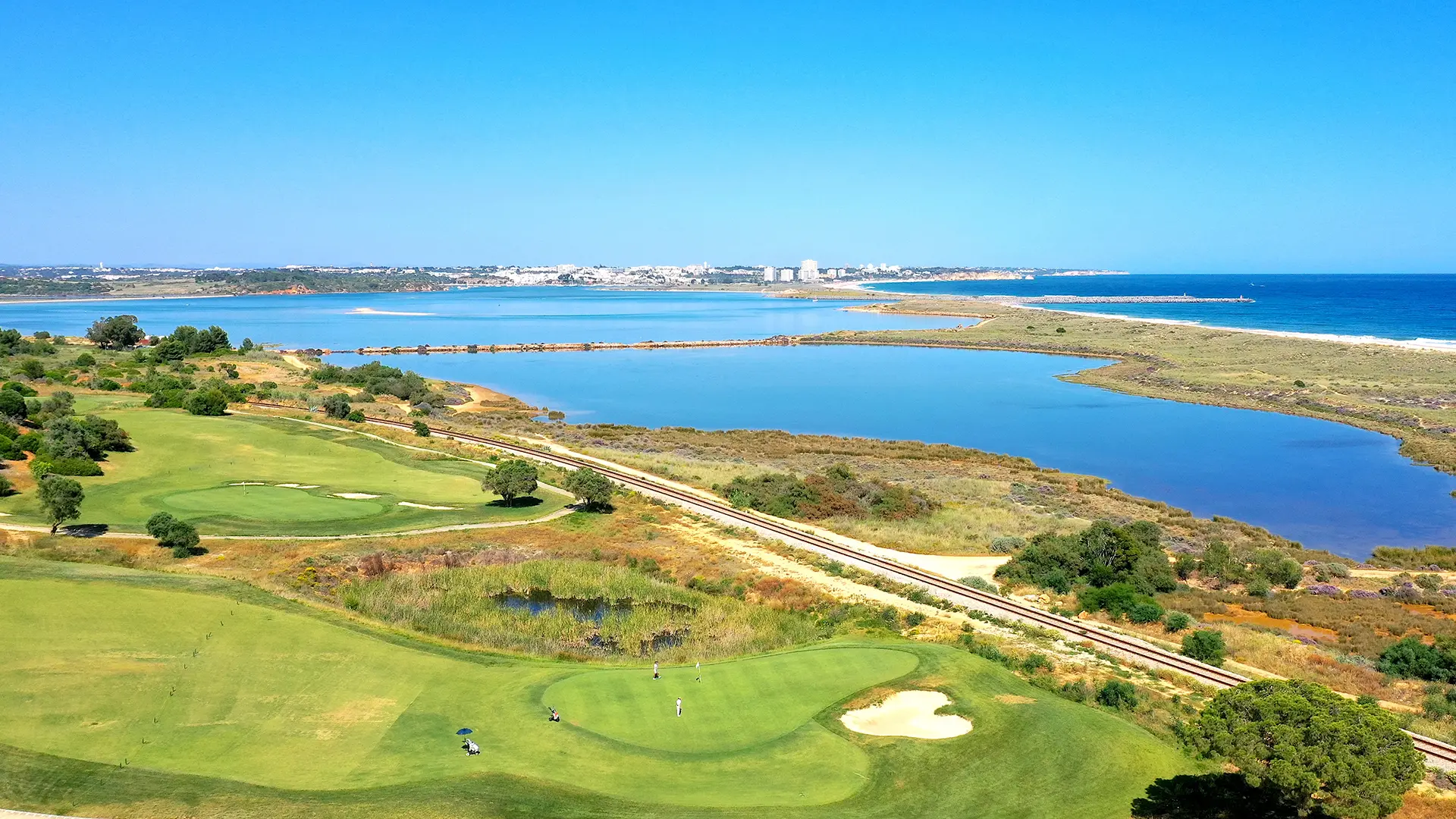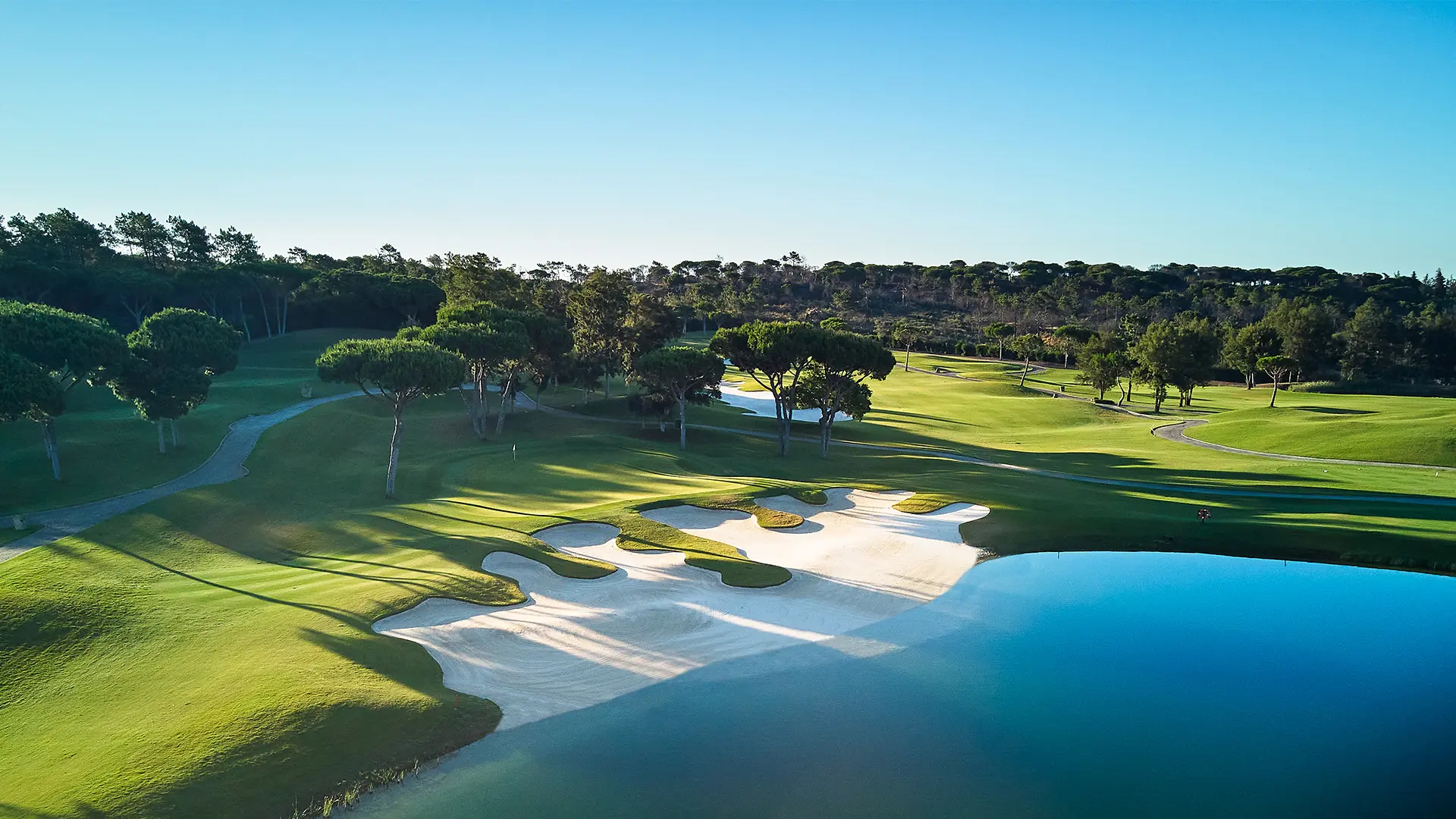 Tee Times Golf Agency recently participated in the Visit Portugal Travel Trade Marketplace USA & Canada 2024, held from October 22-23 at the Grande Real Santa Eulália Hotel in Albufeira. Represented by Beatriz Costa, Sales & Marketing Executive, Tee Times experienced this exclusive event to connect with leading travel operators and agencies from the USA and Canada, highlighting our premier golf experiences in Portugal.
Tee Times Golf Agency recently participated in the Visit Portugal Travel Trade Marketplace USA & Canada 2024, held from October 22-23 at the Grande Real Santa Eulália Hotel in Albufeira. Represented by Beatriz Costa, Sales & Marketing Executive, Tee Times experienced this exclusive event to connect with leading travel operators and agencies from the USA and Canada, highlighting our premier golf experiences in Portugal.
Organised by Turismo de Portugal in partnership with the Agência Regional de Promoção Turística do Algarve, the Visit Portugal Travel Trade Marketplace provided a privileged platform for Portuguese tourism companies to engage with North America’s most prominent travel professionals. This second edition welcomed 110 buyers—71 from the USA and 39 from Canada—who participated in 4,407 one-to-one meetings, averaging 55 meetings per company, demonstrating Portugal’s growing appeal as a tourism destination.

With over 30 years of industry expertise, Tee Times has become a pioneer in golf tourism. Founded by Carlos Ferreira, the agency was among the first to offer green fee bookings in Portugal, establishing itself as a trusted name in online tee time reservations. At the marketplace, we showcased why we stand out in golf tourism:
- Pioneers in Green Fee Bookings: With decades of experience, Tee Times was an early innovator in green fee reservations and now offers a user-friendly online booking system.
- 30+ Years of Industry Expertise: Tee Times has deep knowledge of the golf sector and strong partnerships with courses and hotels. It ensures top-tier experiences at competitive rates.
- 100,000+ Golf Rounds Annually: Since 2022, the agency has successfully booked over 100,000 rounds of golf annually, underscoring its reliability and commitment to excellent service.
- Serving Portugal: Expanding our reach, we offer golfers access to premier destinations in Portugal and the best golf packages for unforgettable holidays.

Interest from the USA and Canadian markets was evident, with participating companies showing significant enthusiasm for Portugal’s unique tourism offerings. The Visit Portugal Travel Trade Marketplace allowed Tee Times and other Portuguese companies to deepen connections, discuss new trends, and strengthen Portugal’s position as a world-class golf destination. This marketplace marked a significant step in bringing Portugal’s unparalleled golf and tourism experiences closer to North American audiences, furthering the country’s reputation as an exceptional destination for golf and leisure.

 The 7th Edition Tee Times Prestige Tournament is just around the corner, and excitement is with us! This year’s fully booked event will bring together 60 golfers for three unforgettable days of competition, fun, and friendship in the stunning Algarve from November 21st to 23rd.
The 7th Edition Tee Times Prestige Tournament is just around the corner, and excitement is with us! This year’s fully booked event will bring together 60 golfers for three unforgettable days of competition, fun, and friendship in the stunning Algarve from November 21st to 23rd.
 A recent study conducted by EY Parthenon for the
A recent study conducted by EY Parthenon for the 

